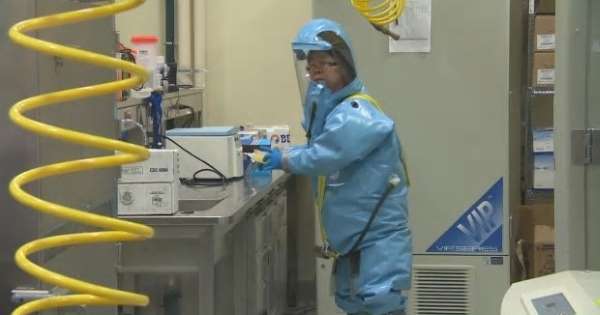An international collaboration of scientists has recorded the most accurate confirmation to date for one of the cornerstones of Einstein’s theory of general relativity, ‘the universality of free fall.’
The new research shows that the theory holds for strongly self-gravitating objects such as neutron stars. Using a radio telescope, scientists can very accurately observe the signal produced by pulsars, a type of neutron star and test the validity of Einstein’s theory of gravity for these extreme objects. In particular, the team analyzed the signals from a pulsar named ‘PSR J0337+1715’ recorded by the large radio telescope of Nançay, located in the heart of Sologne (France).
The universality of free fall principle states that two bodies dropped in a gravitational field undergo the very same acceleration independently of their composition. This was first demonstrated by Galileo who famously would have dropped objects of different masses from the top of Pisa’s tower to verify that they both reach the ground simultaneously.






